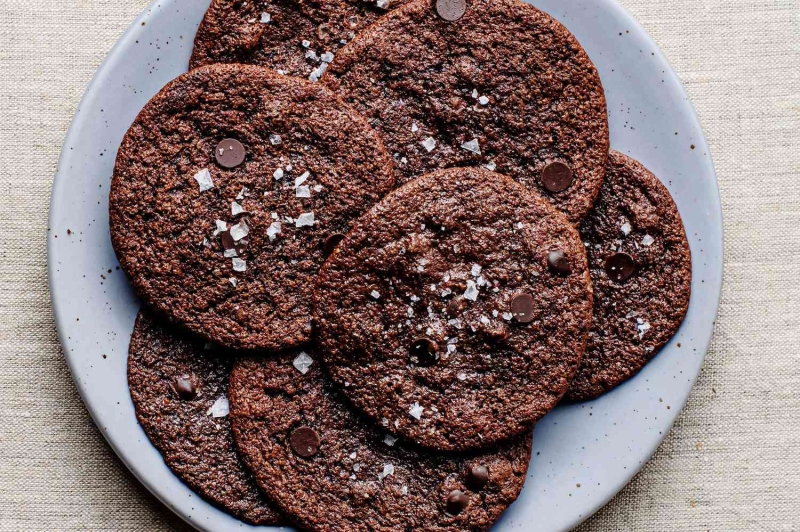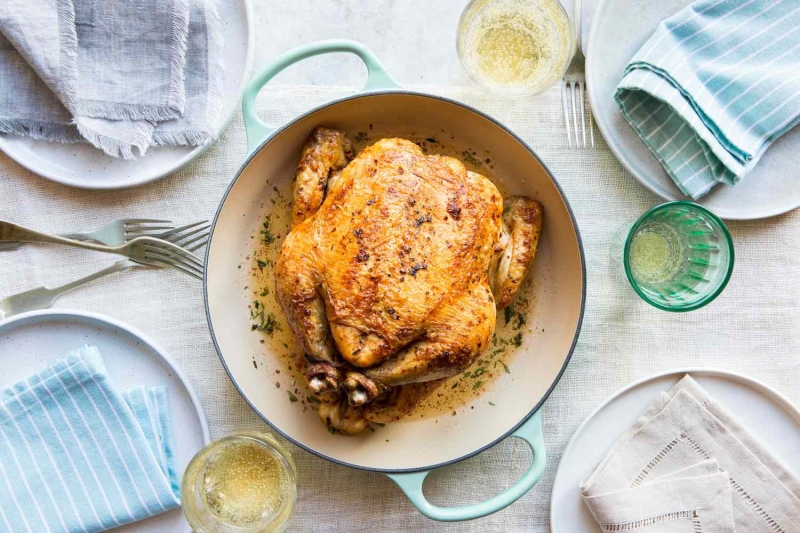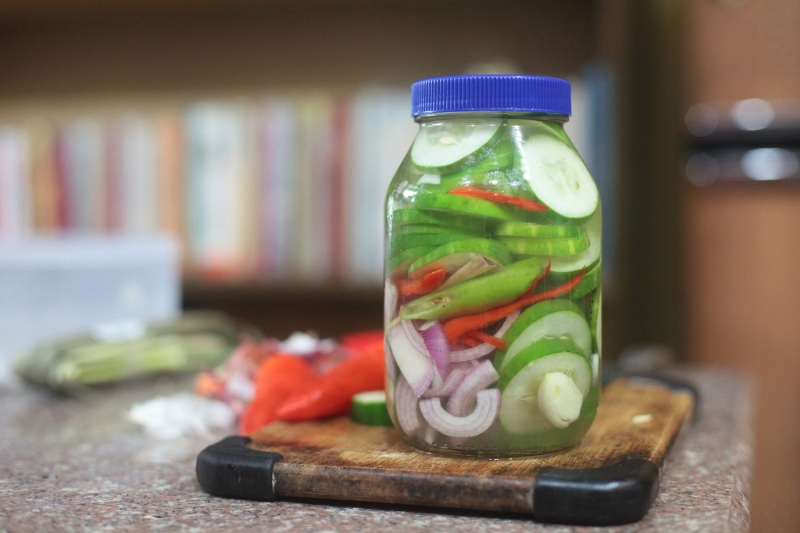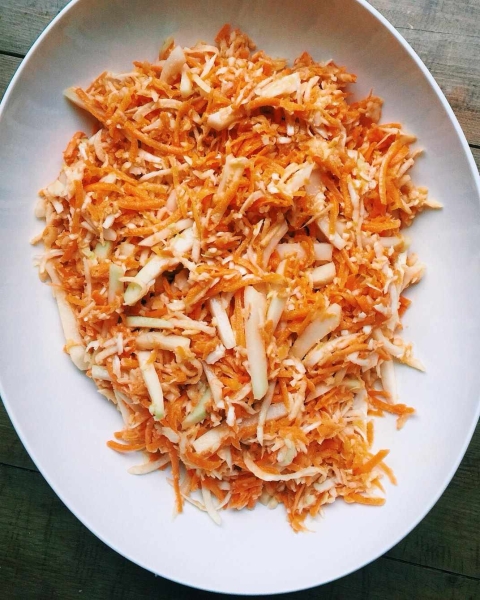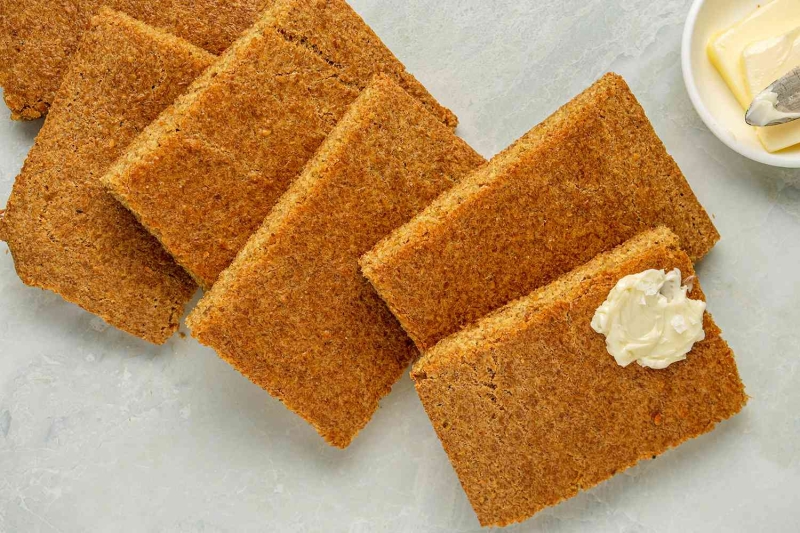

Prep: 10 mins
Cook: 35 mins
Total: 45 mins
Servings: 8 servings
Yield: 1 loaf
If you’ve ever bought a keto bread, you know they can leave a lot to be desired. Typically dry and gritty, most have a hard time holding together for sandwiches. And, if you’ve tried making a keto bread yourself, chances are the recipe was based on cheese or cream cheese, and less appetizing as leftovers.
What if you could make a keto bread high in fiber and protein, low in carbs, dairy free, and healthy for your digestive system? That’s where this keto flax bread comes into play.
Beyond being its health benefits, this keto flax bread doesn’t require a mixer, but rather just a mixing bowl and fork or whisk to come together. It takes just a few minutes to prepare, with no special equipment or skills needed. It bakes on a lined cookie sheet, and can be cut into any shape or size you’d like once out of the oven. Best yet, when stored in the refrigerator it will keep well for at least a week.
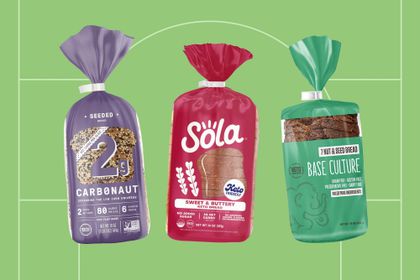
“The flaxseed bread worked well and was extremely easy. The bread sliced easily and held together nicely for sandwiches. It’s fast, too—you’ll have a loaf of keto bread in less than 45 minutes!” —Diana Rattray
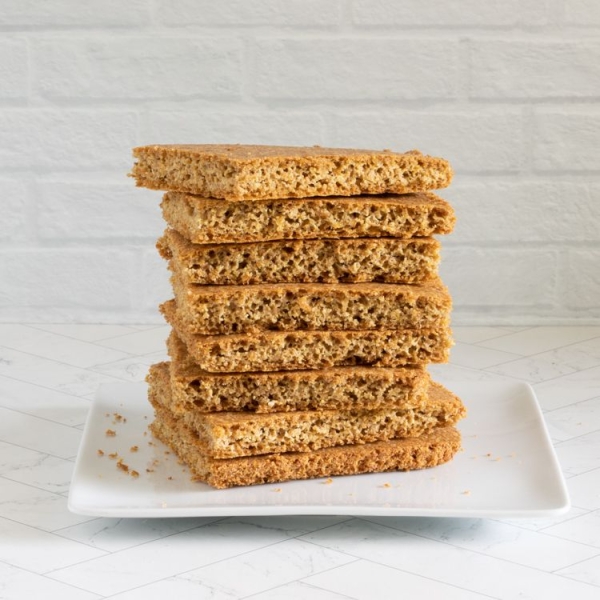
A Note From Our Recipe Tester Cook Mode (Keep screen awake)
Ingredients
-
5 large eggs
-
1/2 cup water
-
1/3 cup neutral oil, such as avocado, or grapeseed
-
1 tablespoon baking powder
-
1 teaspoon salt
-
2 cups golden flax meal
Steps to Make It
-
Gather the ingredients.
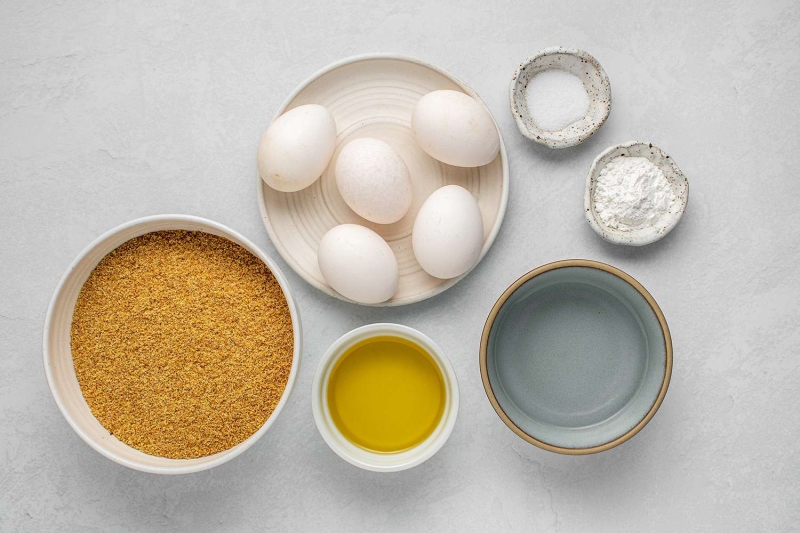
-
Position a rack in the oven and heat to 375 F. Line a 9 x 12-inch rimmed baking sheet with parchment paper. Set aside.
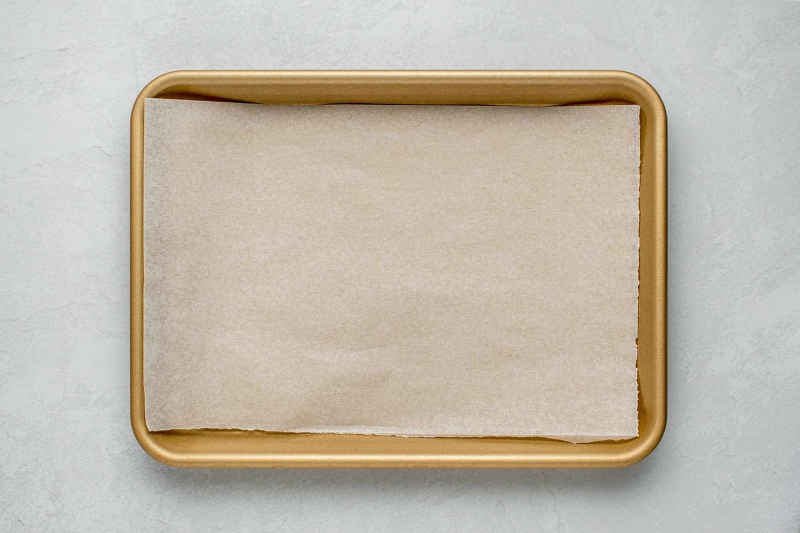
-
In a large bowl, whisk together the eggs, water, oil, baking powder, and salt until thoroughly combined and no lumps remain.
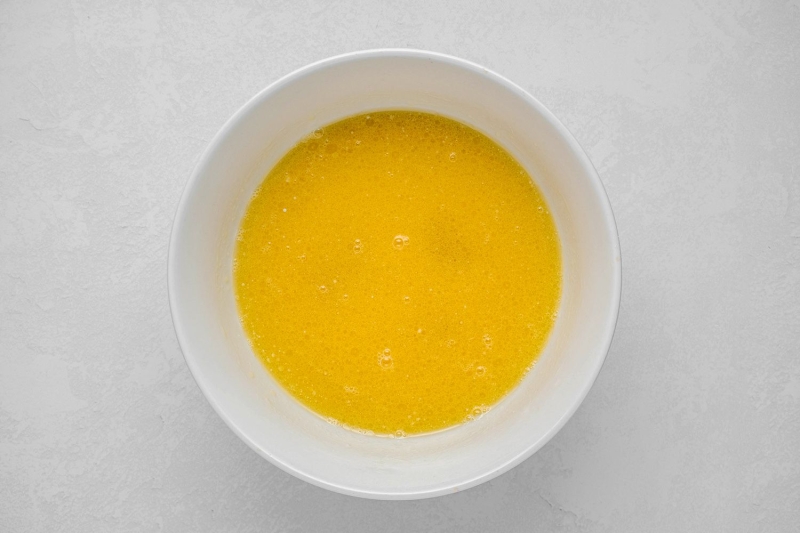
-
Add the flax meal and whisk briefly until just combined. Pour the batter into the prepared baking sheet. Use a spatula to spread evenly to the edges of the pan.
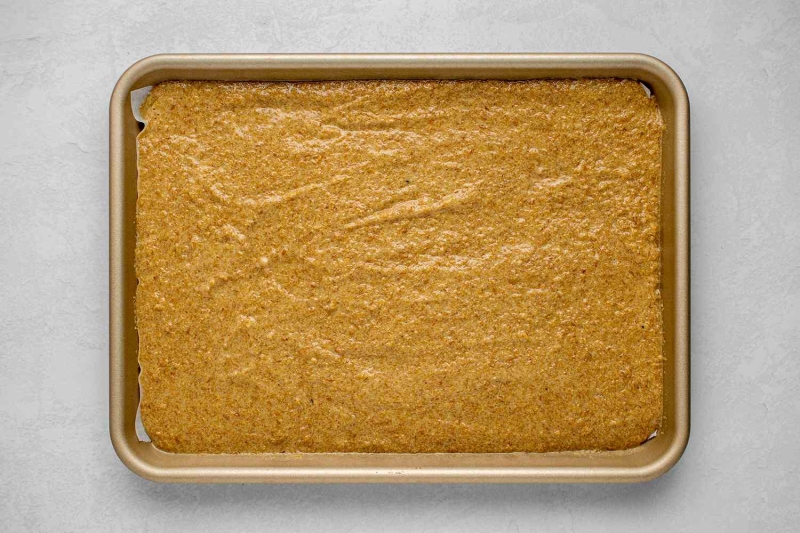
-
Bake until firm and dry to the touch, 30 to 35 minutes. Let cool for 10 minutes. Run a knife around the edges of the pan before slicing and serving.
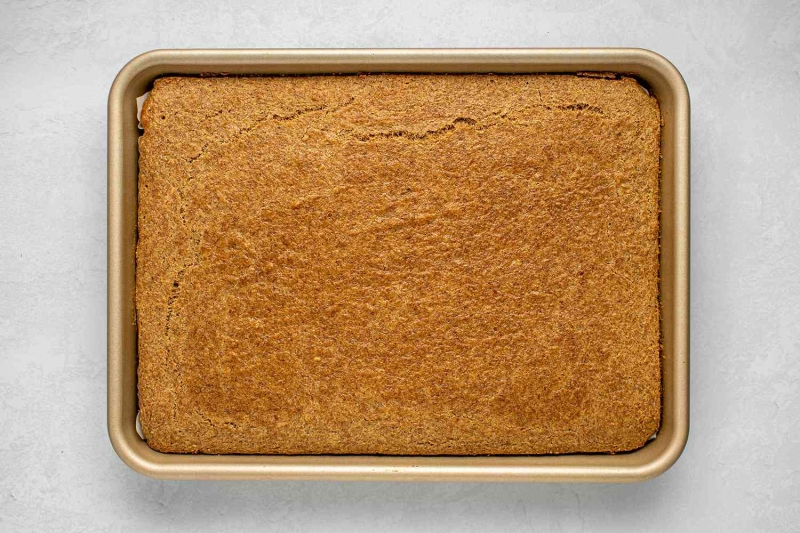
Recipe Tips
- Flax meal thickens fast when it comes into contact with liquid. Because of this, you'll want to work quickly once it's added to the batter. If you leave it for even a few minutes before spreading onto the cookie sheet, it will thicken and the bread may come out dry.
- For best presentation, use golden flax meal. This gives a color similar to light whole wheat bread. If you only have dark flax meal available, or the mixed variety that says only "flax meal," your bread will be darker. It will have a deeper flavor as well, reminiscent of rye bread.
- This bread is excellent for sandwiches, dips, and other fresh preparations. Due to the nature of flax meal, it can't easily be used for french toast or stuffing because the mouthfeel will be a bit slimy.
Recipe Variations
- Sprinkle the batter with 2 tablespoons of sesame seeds for a sesame bread.
- Add Everything Bagel seasoning to the batter for a bagel inspired bread.
- If using dark or mixed flax meal, play up the similarity to rye bread by adding 1 tablespoon caraway seeds to the batter before pouring it onto the baking sheet.
- This bread can be made into a sweet cinnamon loaf with the addition of 1/4 cup brown Swerve and 1 teaspoon ground cinnamon. Add these ingredients before adding the flax meal.
- For a slightly sweet loaf, add 2 to 3 tablespoons of a keto sweetener, such as allulose, Swerve, or a baking blend.
- For Italian flavors, add 1 tablespoon of an Italian herb blend and 1 teaspoon of garlic powder.
Storage
Cut the bread into slices with a serrated knife. Then, wrap the slices in plastic or an airtight container and refrigerate. It will keep better already sliced, rather than in a flat shape.
| Nutrition Facts | |
|---|---|
| Servings: 8 | |
| Amount per serving | |
| Calories | 264 |
| % Daily Value* | |
| Total Fat 23g | 29% |
| Saturated Fat 3g | 15% |
| Cholesterol 116mg | 39% |
| Sodium 500mg | 22% |
| Total Carbohydrate 8g | 3% |
| Dietary Fiber 7g | 25% |
| Total Sugars 1g | |
| Protein 9g | |
| Vitamin C 0mg | 1% |
| Calcium 186mg | 14% |
| Iron 2mg | 12% |
| Potassium 255mg | 5% |
| *The % Daily Value (DV) tells you how much a nutrient in a food serving contributes to a daily diet. 2,000 calories a day is used for general nutrition advice. | |
